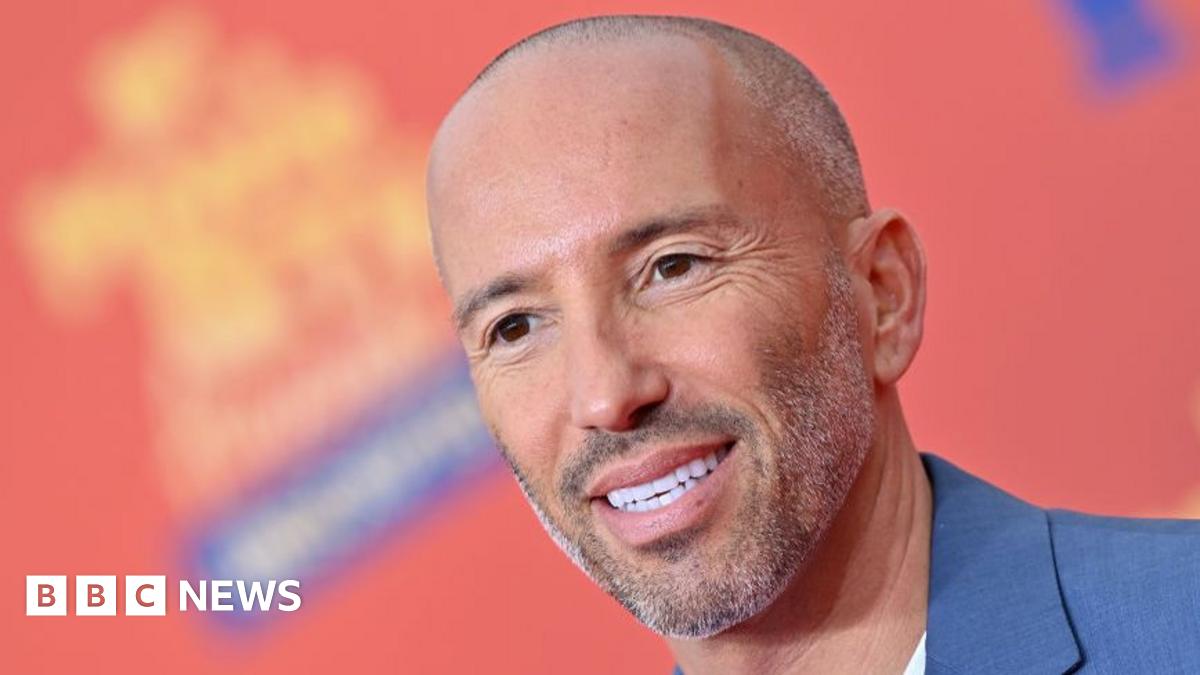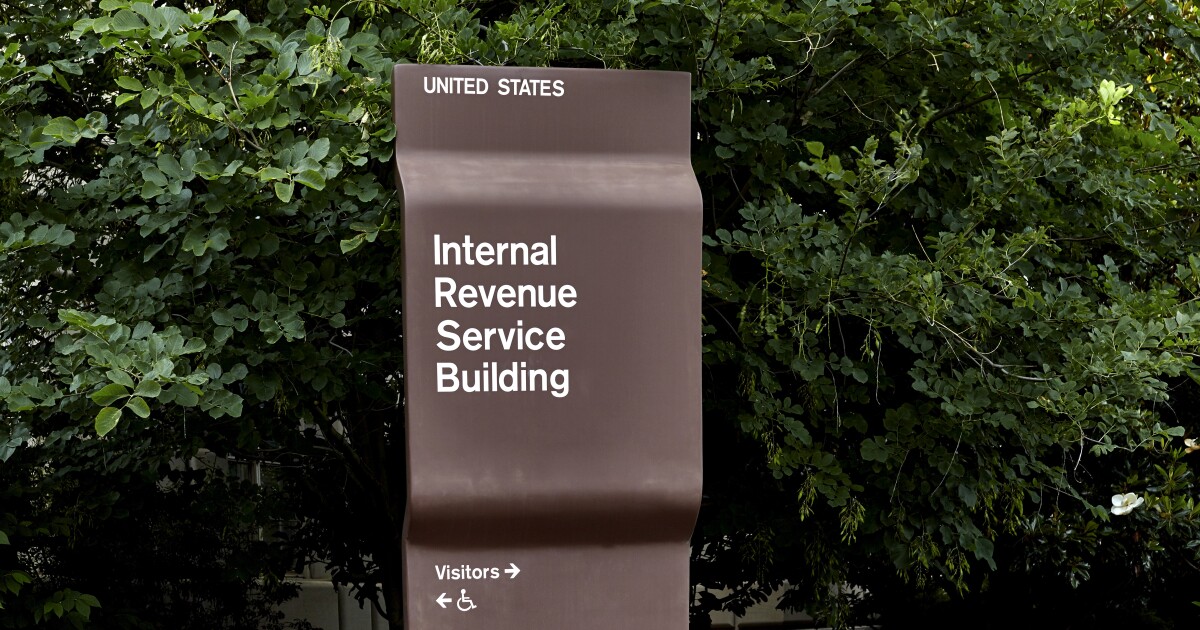Faith schools can use faith-based criteria in admissions policies (Pic: Getty Creative)
State-funded faith schools in England admit fewer children with disabilities and special needs than non-religious schools, according to a new study.
The findings suggest that their reputation for high standards of attainment may be at least partly due to them being more selective about the children they admit.
And the research casts doubt on the ability of the school admissions system to offer genuine choice and diversity to parents.
But church leaders rejected claims that their schools are not serving their communities, and insisted that they welcome children with special needs.
Around a quarter (28%) of all primary-age children in England are taught in faith schools, schools that are funded by the state but have a religious character, with the vast majority administered by the Church of England or the Roman Catholic Church.
But faith schools admit disproportionately fewer children with disabilities or special needs than community schools that have no religious affiliation, according to the study by an academic at the London School of Economics.
Although most faith schools are funded by the state and follow the national curriculum, they are free to teach religious education as they choose and may have a form of religious observance built into the school day. They can also use faith-based criteria in staffing and school admissions policies.
Catholic schools admitted 24% fewer children with special educational needs and disabilities (SEND), on average, than community schools, the research found.
And Church of England schools that ran their own admissions admitted 15% fewer children with SEND than community schools, although the gap fell to 8% where the school was part of a centralized local authority admissions system.
The study, which analyzed ten years of admissions data, found the difference held even taking into account other school-level factors, such as whether children were from disadvantaged backgrounds, and the school’s catchment area.
Previous research has found faith schools are less likely to admit children from disadvantaged backgrounds, and coupled with the latest findings this casts doubt on whether they fully deserve their reputation for high standards of attainment.
“‘Faith’ primary schools appear to serve as hubs of relative ‘advantage’, disproportionately serving children from more affluent families, and children less likely to have SEND,” says Dr Tammy Campbell, of the Centre for Analysis of Social Exclusion at the LSE, who carried out the latest study.
“Any difference in ‘attainment’ outcomes is likely to be related to this selectivity,” she added.
The finding that Catholic schools in particular appear to under-serve children with SEND calls into question the policy of encouraging faith communities to run schools, Dr Campbell said.
The study, published in the Oxford Review of Education, also throws doubt on whether faith schools contribute to providing choice and diversity in schools, particularly among parents of children with SEND, she added.
A common complaint among parents of children with SEND is of being discouraged from applying to some schools in the first place.
But church authorities rejected suggestions that they were under-serving children with special needs and disabilities.
“Catholic schools welcome children with SEND, and parents will want to choose the school that is best for their children’s needs,” said a spokesman for the Catholic Education Service, which supports Catholic schools in England and Wales.
“If parents decides that the local mainstream Catholic school is not the best fit for their child’s particular needs, they might instead opt for another school, such as a Catholic special school or a Catholic school approved for SEN pupils, of which there are 26 in England and Wales.”
Nigel Genders, chief education officer for the Church of England, said Church of England schools exist to serve the whole community.
The Church was taking active steps to promote equal educational opportunities, including training school leaders in evidence-based SEND practice and supporting schools through SEND networks, he said.
The research gave no strong evidence that admissions arrangements for Church of England schools were a barrier to SEND applications, he added.
While faith schools are widespread in England, they remain controversial, with secular campaign groups arguing for a more inclusive school system, free of the influence of religious groups.
And today’s findings should call into question the ability of state-funded schools to use faith-based criteria in deciding admissions, according to Richy Thompson, director of public affairs for Humanists UK.
“We already know that faith schools admit fewer poorer children than other local schools, and often drive ethnic and religious segregation too,” he said. “And now we also know they admit fewer children with special educational needs and disabilities.
“The Government should remove faith schools’ ability to select pupils on the basis of their parents’ religious practices. We will be asking them what they will do in light of this latest evidence.”
Credit: Source link











